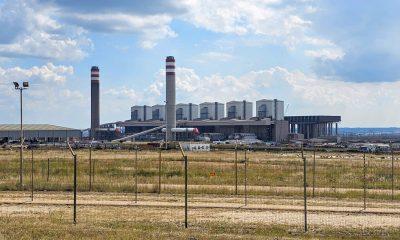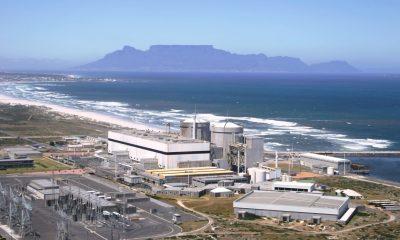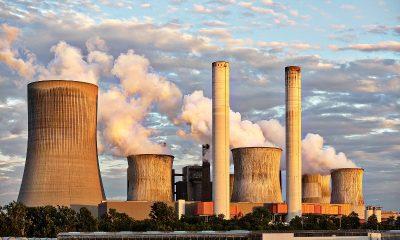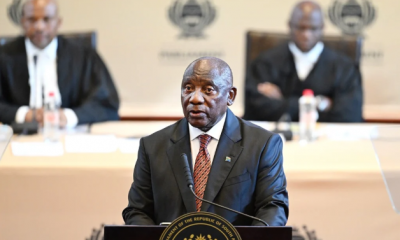Business
South Africa’s Strategic Oil Reserves Raise Concerns Amid Storage Shortages
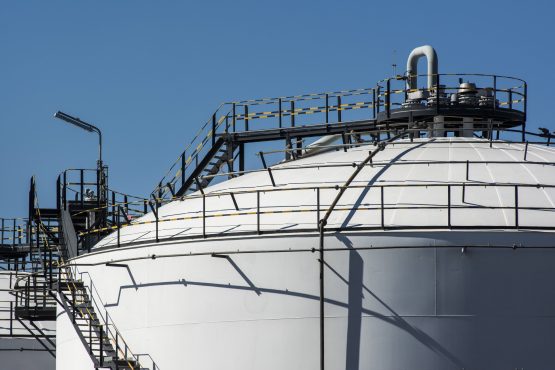
South African lawmakers have expressed serious concerns over the country’s insufficient strategic oil reserves following an inspection of the Saldanha Bay crude storage facility. The Strategic Fuel Fund (SFF), which manages the terminal, has been reducing stockpiles over the past decade, leaving much of the 45 million-barrel capacity storage empty.
Parliament’s Portfolio Committee on Mineral and Petroleum Resources flagged this issue, questioning why the facility is not being fully utilized.
“We are not satisfied with the amount of strategic fuel reserves that the SFF is keeping in stock,” said committee chairperson Mikateko Mahlaule.
“It is pointless to refine if we do not have sufficient storage or if the limited storage available is not optimally utilized.”
Why Are South Africa’s Oil Reserves Depleting?
The shortage of strategic oil reserves comes after years of government reductions in crude supplies.
-
In 2022, South Africa sold portions of its reserves to subsidize fuel prices during a period of high global oil costs.
-
In 2023, the SFF issued a tender to sell 3.5 million barrels of Iraqi Basrah Light crude.
-
In 2015, the SFF controversially sold a portion of the reserves in a deal later ruled unlawful by a court.
Current Oil Storage and Market Challenges
Only two of the six underground storage tanks at Saldanha Bay are currently holding reserves. The SFF Acting Group CEO, Sesakho Magadla, confirmed that negotiations are in progress with an international company to rent a third tank, but acknowledged that:
“The market is currently depressed.”
Despite the recent dip in oil prices, experts argue that reducing strategic reserves leaves South Africa vulnerable to supply disruptions, geopolitical shocks, and future price surges.
The Risks of Low Strategic Reserves
Maintaining adequate oil reserves is critical for energy security, particularly for an economy heavily reliant on petroleum imports. Insufficient stockpiles could:
-
Expose South Africa to fuel shortages in times of crisis.
-
Increase vulnerability to global oil price fluctuations.
-
Impact the transport, mining, and manufacturing industries, which depend on stable fuel supplies.
What’s Next for South Africa’s Oil Strategy?
With lawmakers demanding answers, pressure is mounting on the government to replenish strategic reserves and ensure the Saldanha Bay terminal is used optimally. Industry experts suggest that long-term energy security planning is needed to prevent future shortfalls.
Will South Africa rebuild its reserves or continue to sell off crude stocks to fund short-term measures? The next steps will be crucial for the country’s energy resilience.
{Source BusinessTech}
Follow Joburg ETC on Facebook, Twitter , TikTok and Instagram
For more News in Johannesburg, visit joburgetc.com

